
“There Wasn’t Any Need For A Babysitter”: Woman Fails To Manage Coworkers, Gets In Trouble
Micromanagers are bad. Arrogant and ambitious micromanagers are even worse! It’s one thing to have your boss scrutinize every single detail of your work. It’s another thing entirely when one of your colleagues starts thinking that only they can get things right. Yet there they are, interfering and making your own job harder. And God forbid they blame you for not working hard enough…
Reddit user u/Godnessy4 recently went viral on r/MaliciousCompliance after sharing how their coworker tried to get everyone to work overtime, against the wishes of their actual boss. Things didn’t work out quite as the ambitious micromanager wanted them to. You’ll find the full story as you scroll down.
Coworkers who micromanage you and set unrealistic expectations can completely destroy your morale
Image credits: Prostock-studio (not the actual photo)
One employee shared how their colleague tried to force them to do overtime, something that was taboo at the company
Image credits: Andrea Piacquadio (not the actual photo)
Image credits: Godnessy4
It can be quite confusing when different coworkers expect very different things from you
The situation regarding working overtime will depend entirely on what country and company you work at. Some countries have a hard cap on how many additional hours per week bosses can demand their employees to work. Elsewhere, everything depends on your position, contract, and whether or not you’re part of a union.
Whatever the case might be, if your boss tells you that you should not be doing overtime under any circumstances, it’s best to embrace this. Good managers who value their workers’ work-life balance (or are afraid that overtime could lead to fines) are rare to find. So when a random colleague tells you that you’re not working ‘hard enough’ and that you won’t be leaving the office until the project is finished, there’s a disconnect.
In cases like this, maliciously complying with the rules set out by the company and your boss is the right way to go. If you start doing what your coworker wants rather than your superior, you’re only landing yourself in hot water further down the line. That’s on top of the fact that you’d be working half the night on something. Something that probably would have been finished sooner if your colleague hadn’t arbitrarily restricted your working speed.
Image credits: Anna Shvets (not the actual photo)
Working with a micromanager is difficult because they don’t trust you and monitor everything that you do
Micromanagers, at their very core, have issues with trust and self-esteem. Typically, they do not want to delegate work and demand detailed feedback about every tiny little thing that you do. On top of that, they’re adamant about documenting any and all work processes, so they often get super focused on (usually insignificant) details, ignoring the bigger picture.
You can tell that your boss or colleagues are micromanagers by how they treat deadlines and communication. They’ll probably be unrealistic about deadlines and demand lots of crunch time. Meanwhile, they’re likely to be frustrated if you make decisions without them (or at the very least don’t make them aware of what you’re doing).
Moreover, micromanagers tend to operate from the perspective that if they want something to be done right, they have to do everything themselves. That can lead some individuals to obsessively monitor their employees and even redo their work.
In short, it’s exhausting working with people who micromanage. It breeds resentment and further erodes trust. And without trust, you’re working at suboptimal capacity. Why should you be putting all of your heart and mind into a project if your supervisor is handicapping you, constantly criticizing you, and nothing you do will ever be good enough?
Image credits: Jopwell (not the actual photo)
Managers have to understand the value of genuine empathy and support, not just carrot-or-stick-based ‘leadership’
Setting up some clear and healthy boundaries can help in situations like this. Your supervisor needs to know how their actions are affecting you. But when you tell them this, try not to sound like you’re accusing them of anything. Try to broach things from a perspective of mutual respect and how to get the best possible results.
However, your supervisor has to be willing to actively listen to your side of things. If they completely ignore their colleagues’ perspectives and opinions, believing only they alone know what’s right, then there’s a deeper problem. If things get really out of hand, it might be best to tackle the issue with your boss’s boss.
The reality is that many managers see leadership as a transaction. They offer up rewards and (subtly) threaten their staff with negative consequences to get the results that they want or need. However, that’s a very limited way of looking at things.
Transformational leadership, on the other hand, focuses on managers supporting their colleagues, in order to help them grow, develop their skills, and thrive. It’s about encouraging and motivating your staff, genuinely connecting to them on a human level, and creating an environment where they can bring out their full potential.
Image credits: Andrea Piacquadio (not the actual photo)

 Dark Mode
Dark Mode 

 No fees, cancel anytime
No fees, cancel anytime 



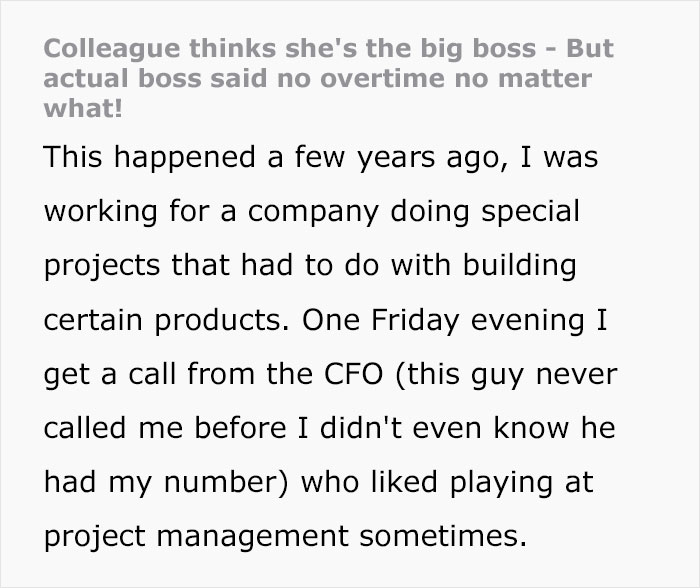

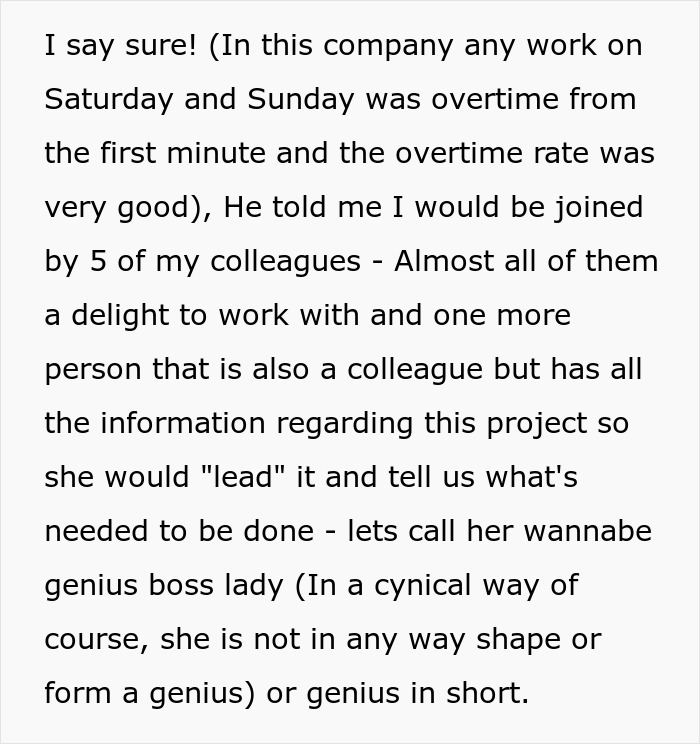

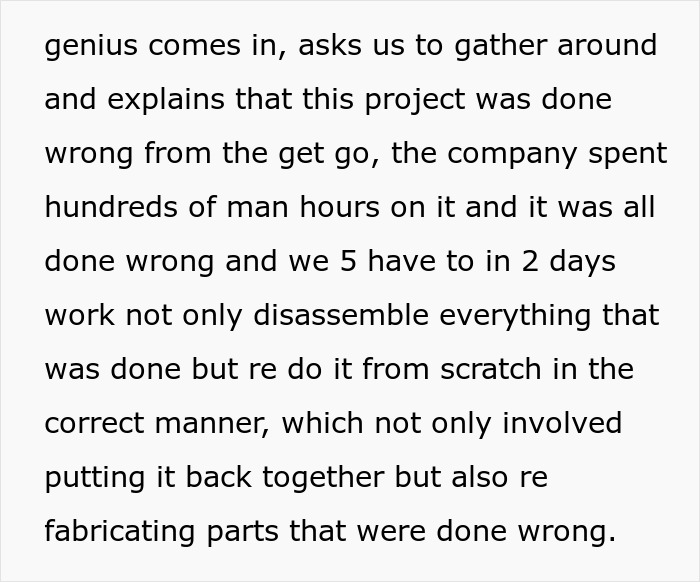



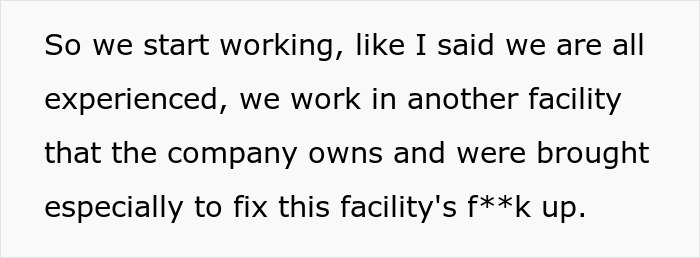

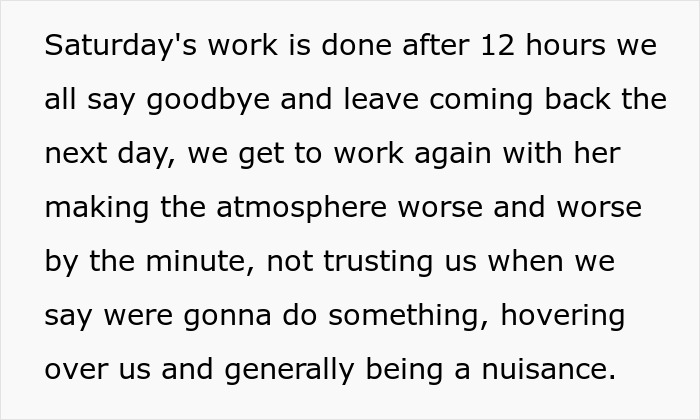
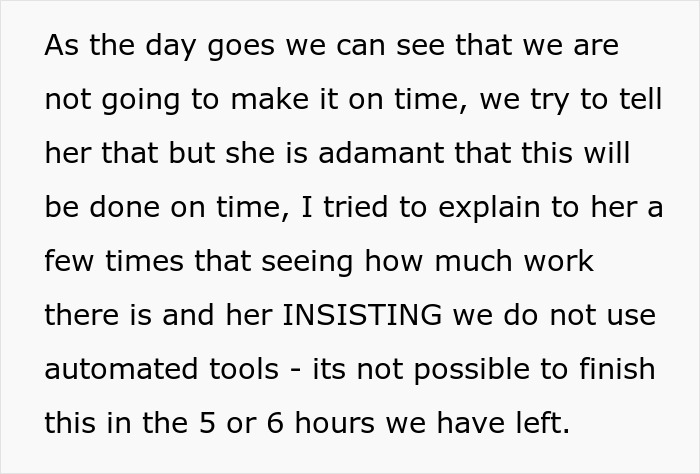





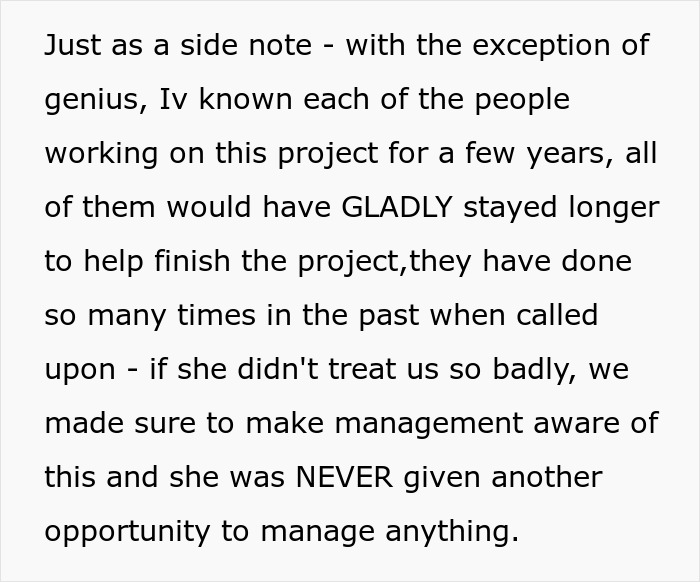



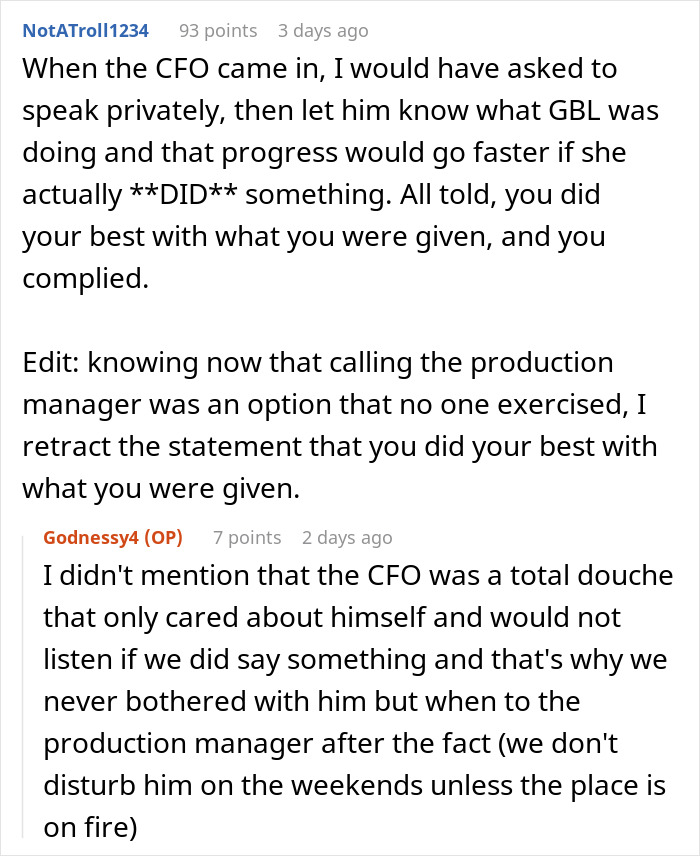

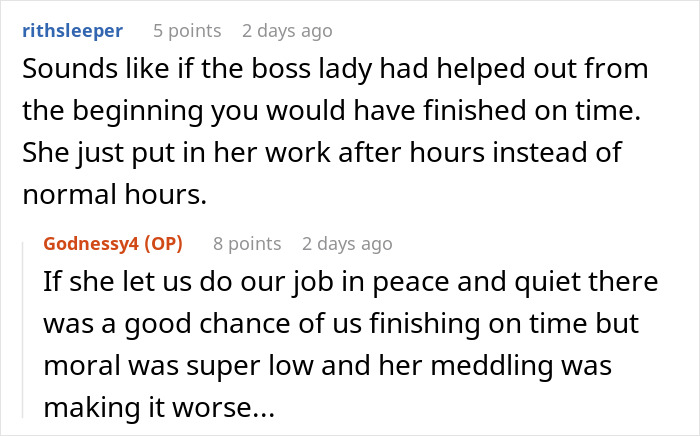



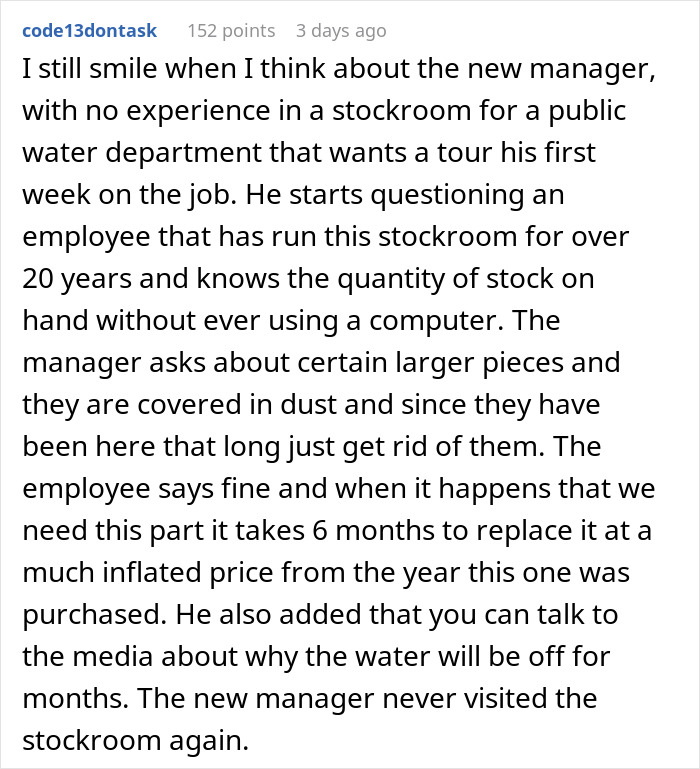





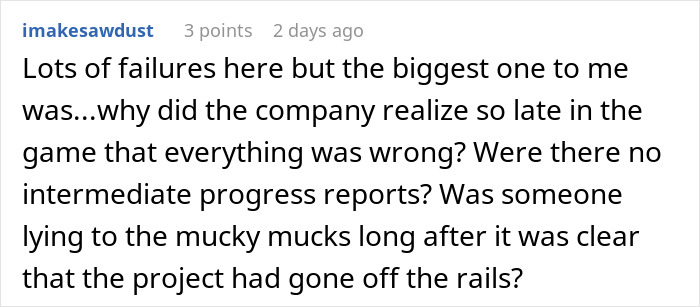

























38
2